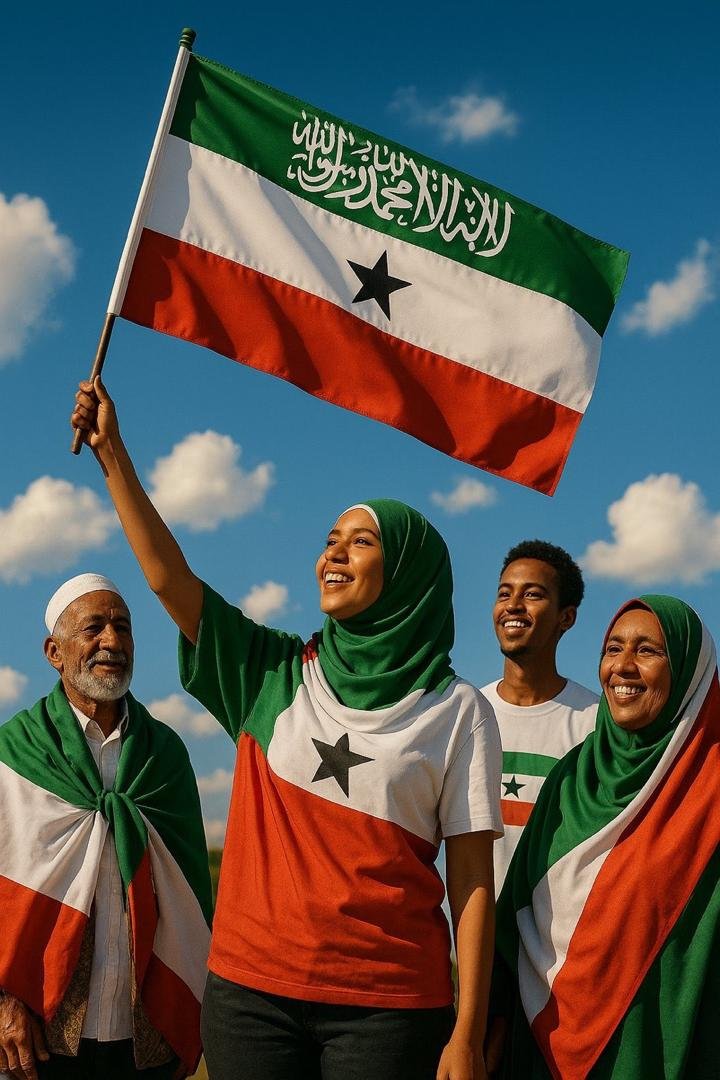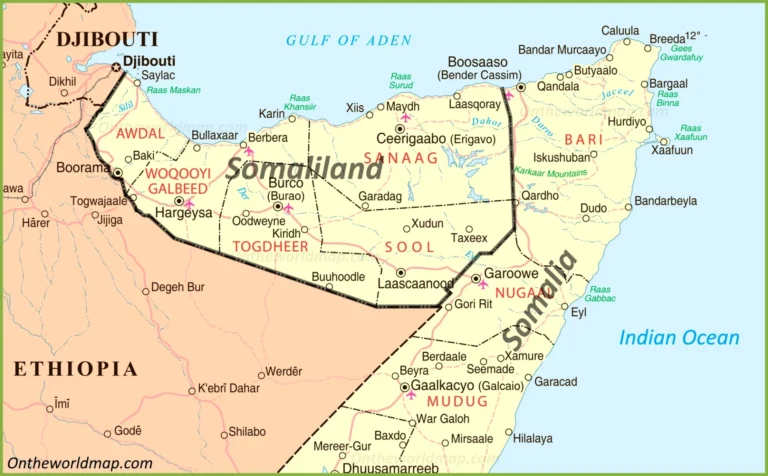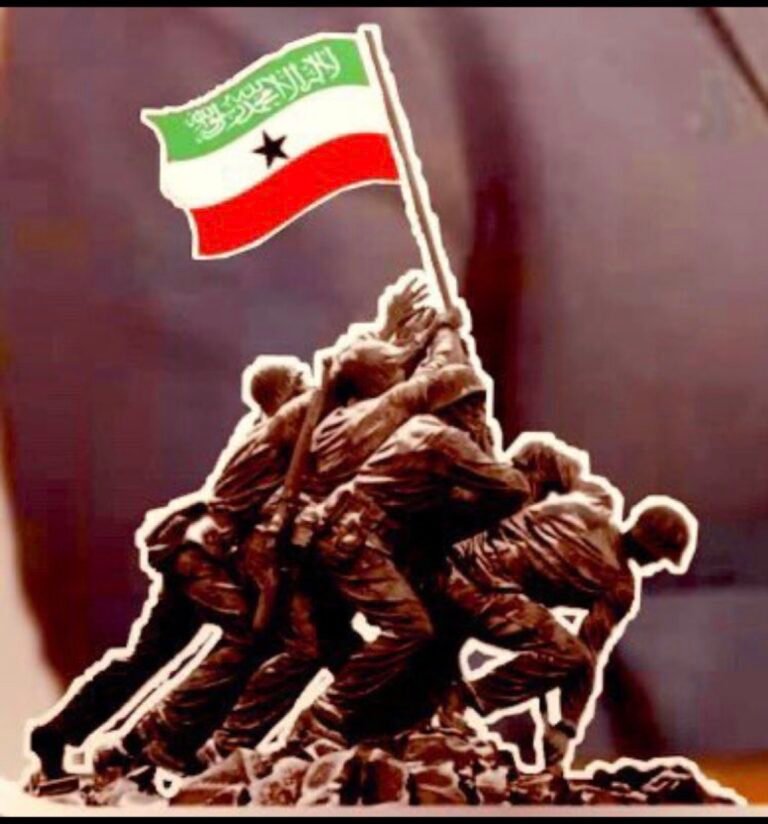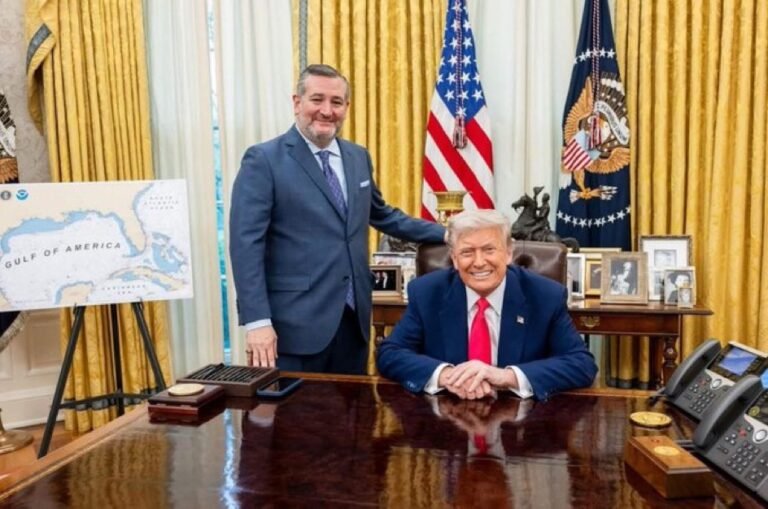
Somalilands-Long-March
Somaliland and the United States: From Overlooked Ally to Strategic Partner
For many Somalilanders, this moment is more than diplomacy—it is the culmination of decades of unwavering persistence. For 34 years, the cause of recognition was carried not just by politicians, but by ordinary citizens, diaspora advocates, and writers who fought with words instead of weapons. The Foreign Minister’s announcement on Radio Hargeisa that Somaliland has formally entered the U.S. recognition process electrified the nation. In that instant, hope, frustration, and resilience converged into a single truth: the world can no longer ignore Somaliland.
The Strategic Equation Washington Can’t Afford to Miss
Ultimately, the question isn’t whether Somaliland deserves recognition—it’s whether America can afford not to recognize it. With its strategic location, untapped economic potential, and democratic credentials, Somaliland offers a rare opportunity to counter rivals, stabilize a volatile region, and secure critical trade and military pathways.
For Washington, the pathway is clear: embrace Somaliland not as a gamble, but as a calculated move to rewrite the geopolitical script. Opponents will object, but history rewards those who see beyond the immediate risks to seize the long-term rewards.
The urgency is underscored by unfolding events in the region. The Trump administration has launched aggressive military action against Houthi rebels to pressure Iran and protect critical shipping lanes, even dispatching a U.S. aircraft carrier to the Red Sea to monitor Chinese military activity in Djibouti. Amid these moves, President Trump is reportedly exploring a deal to establish a U.S. military base in Berbera—a transactional opportunity in line with his “art of the deal” diplomacy.
Why Somaliland Is Already Delivering
The United States’ interest is grounded in facts, not sentiment. Somaliland’s stability, counterterrorism record, and multiparty democracy make it one of the most reliable partners in the Horn of Africa. Berbera’s deep-water port is a strategic jewel—capable of serving as a secure Red Sea gateway for U.S. and allied naval forces. Unlike its neighbors, Somaliland has embraced pluralism, peaceful transfers of power, and alliances with like-minded democracies such as Taiwan.
Recognition would not create a new ally—it would formalize an existing one.
Momentum on Both Sides of the Atlantic
Momentum is building quickly. In Hargeisa, Somaliland’s parliament is preparing emergency legislation to enable the establishment of formal diplomatic missions. President Cirro is assembling a high-level delegation to Washington to finalize the roadmap to recognition. In Congress, bipartisan figures like Senator Ted Cruz are pushing initiatives such as H.R. 3992, signaling a growing consensus that Somaliland’s partnership benefits U.S. security, trade, and governance goals.
From Rebuilding to Recognition
Recognition would make Somaliland Africa’s 55th state—a living proof that sovereignty can be earned through stability, democracy, and resilience rather than bloodshed. For the camel herders of Sanaag, the traders of Hargeisa, and the students of Borama, it would be the vindication of generations who rebuilt a nation from the ashes of civil war without outside aid.
As the sun sets over Hargeisa, Somaliland stands at the threshold of a new era—not as a forgotten corner of the Horn, but as a democratic partner welcomed into the international community. After decades of silence, Somaliland’s voice is finally being heard.
And this time, history is listening.


